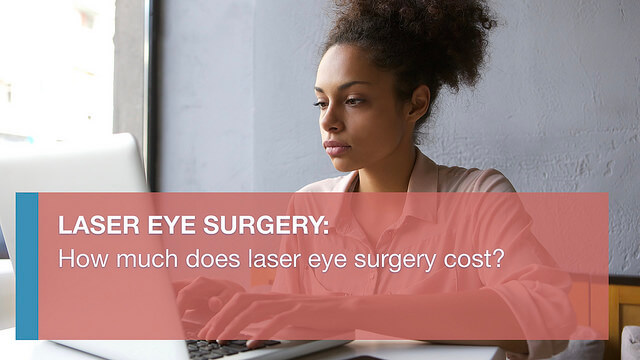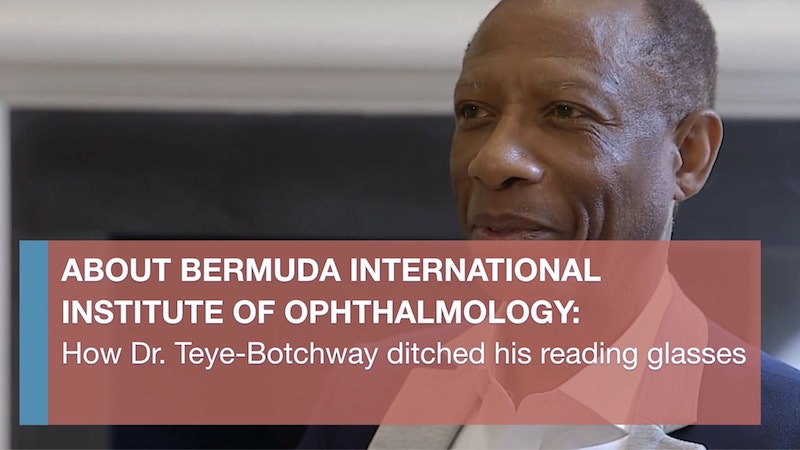
Does laser eye surgery hurt?
Interview transcription:
Dr. Leonard Teye-Botchway describes the pain-free nature of modern laser eye surgery techniques.
Leonard Teye-Botchway: This question is one I get asked very often. I’ll start by saying that there are different forms of laser eye surgery. There’s laser surgery that’s performed to correct vision. We call it refractive laser surgery. There are also laser surgeries for cataract, glaucoma or diabetes and other conditions. I’ll focus first on refractive laser surgery.
Refractive laser eye surgery
In the past, because of the form of laser surgery, some patients experienced a bit of discomfort after the procedure. Now, with the evolution and with improvements in treatment and care, this doesn’t happen at all. What I’ll typically do and all surgeons do for laser surgery is to freeze the eye. We would use a special anaesthetic which numbs the eye and removes any form of sensation that brings about discomfort.
The other thing we do is to put a special instrument we call a speculum inside your eye, which keeps the lids apart. Patients sometimes get a bit anxious about what would happen if they blinked, so I reassure them that with the lens in place, that won’t happen. You can blink, but the other eye would blink, but the eye with the speculum wouldn’t blink. With the speculum in place and the eye completely anaesthetised, patients don’t experience any form of discomfort at all.
Regarding surgery for glaucoma, diabetes and cataract, sometimes patients might experience a little bit of discomfort.
Glaucoma laser eye surgery
With iris surgery for glaucoma, we make an opening in the iris which allows the fluid to drain more freely to prevent angle-closure glaucoma. That sometimes can cause a little bit of discomfort. In that case, we also anaesthetise the eye before we do the surgery, but as the laser’s applied, some patients experience slight discomfort, which eases off shortly after the procedure.
Diabetic retinopathy laser eye surgery
With surgery for diabetes, it’s usually not painful at all. There are two varieties. There’s the variety we call focal, which is for fluid leakage in the centre of the eye. That is hardly ever painful. There’s also a more extensive one we call pan-retinal photocoagulation, which is a little more time consuming, and some patients feel a bit tired after the procedure has gone on for a while. We pause to take breaks before we continue.
Overall, they are all performed with hardly any discomfort at all and patients go through the procedure very comfortably and end up with excellent results.
About the author
Leonard Teye-Botchway
Consultant Ophthalmic Physician and Surgeon |MBChB, FRCS(G), MBA, FWACS, FGCS, DCEH (Lond), Postgraduate Diploma in Cataracts and Refractive Surgery
I am Leonard Teye-Botchway and I am the Medical Director and Consultant Ophthalmologist at Bermuda International Institute of Ophthalmology in Bermuda. The joy and elation I get from seeing patients who are very happy they can see after surgery is almost unimaginable. This is what really drives me to carry on being an ophthalmologist.
We have sourced some or all of the content on this page from The American Academy of Ophthalmology, with permission.




